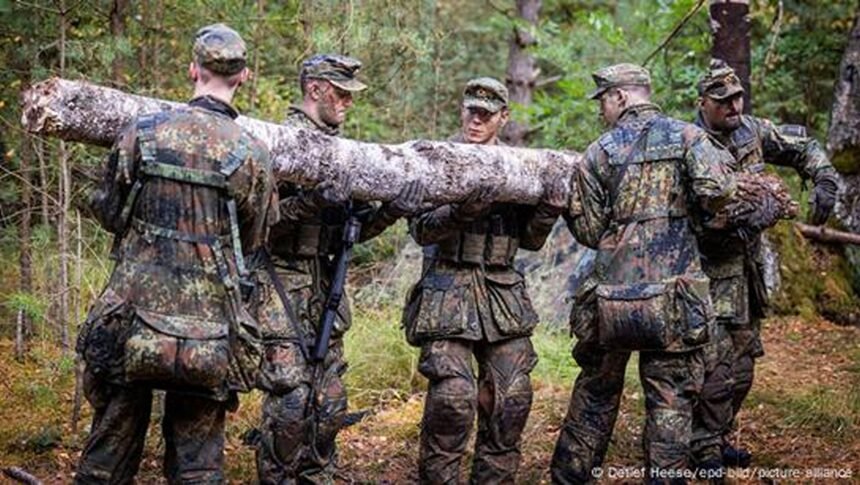According to media reports, internal resistance within the Social Democratic (SPD) parliamentary group led to the collapse of an agreement on reforming Germany’s military service system. A planned joint press conference between coalition parties, where details were expected to be announced, was canceled at the last minute.
Apparently, members of the SPD objected to the lottery-based system proposed by the CDU/CSU bloc. Under this model, a draft lottery would be introduced if too few volunteers registered for the Bundeswehr. A CDU/CSU spokesperson said, “We canceled the press conference because the intended agreement was not reached, even though we believed it would be.”
Debate Over a Voluntary Military Service
The internal coalition debate centers on whether the new German military service should rely entirely on voluntary enlistment, as proposed by Defense Minister Boris Pistorius, or whether it should include mandatory elements.
Under Pistorius’ plan, starting next year every young man and woman in Germany would receive a questionnaire from the Bundeswehr. Men would be required to answer, while women could do so voluntarily. The survey would ask whether they are interested in serving in the armed forces, and those who respond positively would undergo further testing.
However, within the CDU/CSU there are doubts that the Bundeswehr can recruit enough personnel solely on a voluntary basis.
Recent reports suggested that a lottery system might be included in the draft law for military service. If an insufficient number of volunteers come forward, a random selection would be made among eligible candidates to determine who must serve, for a minimum of six months.
Currently, the German Bundeswehr has about 182,000 soldiers, but it needs between 60,000 and 80,000 additional troops.
Suspension of Mandatory Service
Germany suspended compulsory military service in 2011, long after the end of the Cold War.
At the time, Defense Minister Karl-Theodor zu Guttenberg stated that conscription was not abolished but merely “suspended,” as no one could predict what might happen in 20 or 30 years.
That uncertainty proved justified: in 2022, Russia invaded Ukraine — reviving old questions in new form:
Can Germany defend itself, and how should it recruit soldiers?







